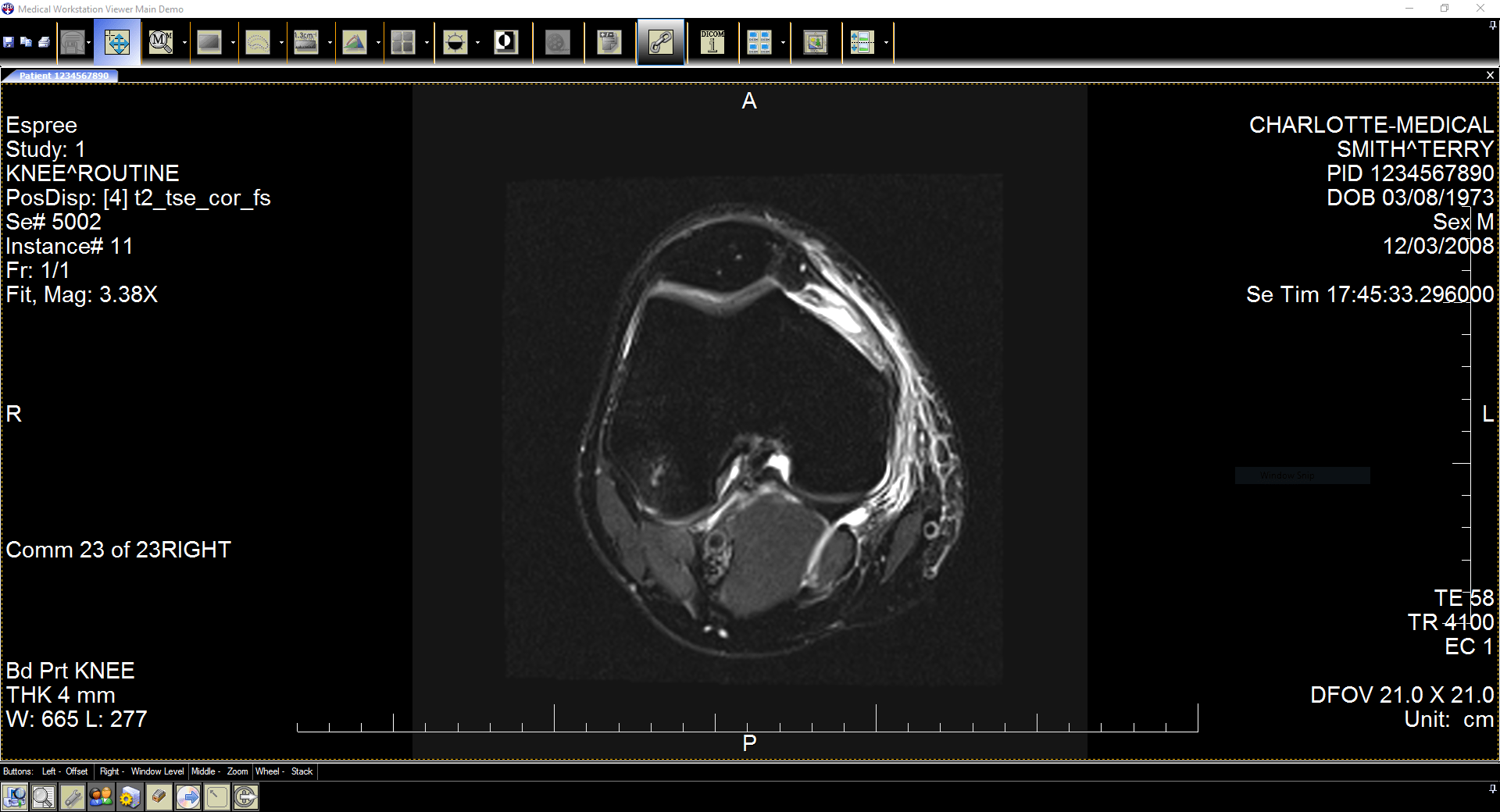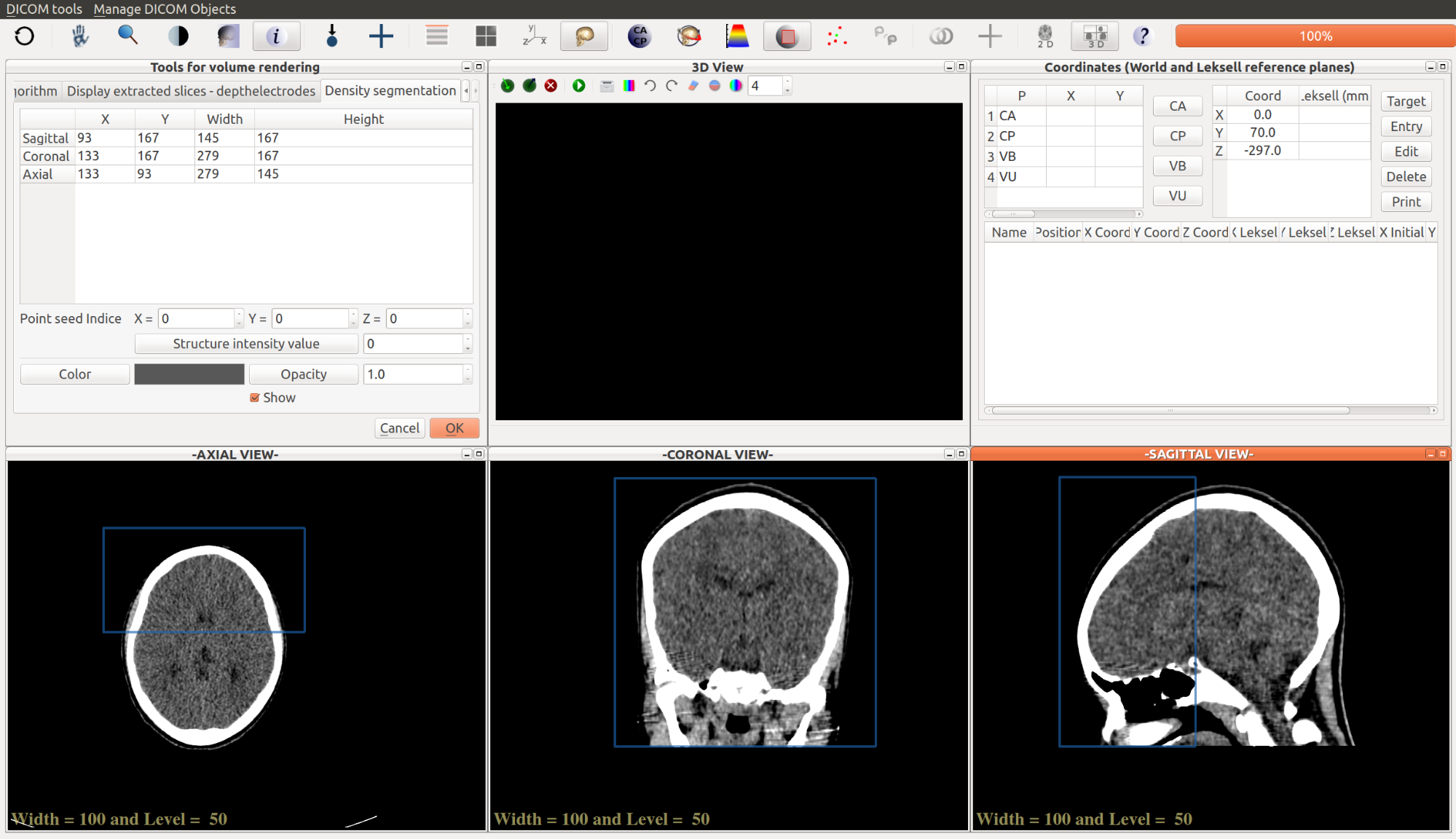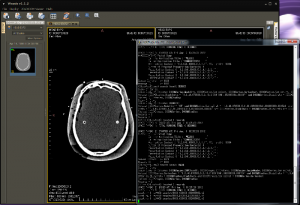

When I was writing Legacy, I ran into a comment in a newspaper, I believe from the state engineer of California, saying, “There wouldn’t be any West if it weren’t for irrigation.” Well, that does not help us answer what the West is, because it is still this floaty thing that is always just going out of your reach.īut the truth is I am fine with a variety of definitions of where the West is for different reasons.

If the American West is a place, where is it?įor years after Legacy of Conquest came out, there was a concerted effort to torment me with people saying, “Well, wasn’t the West once west of Jamestown? Wasn’t the West once east of Massachusetts Bay?” As George Catlin wrote in the 1830s, where is the West? “Phantom-like it flies before us as we travel …” That was their honor that was their sense of standing. I’d go a little bit more with historians who see white women replicating those constraints as soon as they could, because that was how they defined their dignity.

#CONQUEST AND WEASIS FREE#
So we’ve had a long debate over whether white women in the West were delighted to be free of the old constraints of the parlor and the expectations of women doing indoor work, and so on. But by the time you’re-I don’t know, what, maybe 19? A lot of those habits are just installed in your mind, in your conduct. Now there might have been an aspiration to be set free of old habits. The Overland Trail was littered with stuff that people dropped because they brought too much baggage. Going West involved carrying baggage, literally. Because there’s no river of Jordan-if I might use that-to immerse yourself in and start fresh, and be baptized, and set free of everything. Where a bunch of people who were not born and raised in that area come in and take over, and there has to be a study of that process.īut liberation doesn’t require meeting and knowing Indian people or not, it requires a distance from whatever it was you knew, right? Is it possible the overland settlers felt liberated simply from being from where they were from? So, for a while, it was really important to say that the West is a place, and that we were ignoring it, and we needed to put as much attention there as we were putting on other regional histories.Īlso, something happens in North America, and in Kenya, and in South Africa, and New Zealand, and Australia. So they were doing what they call American history, but it was really East Coast, Midwest, Southern history. And there was a long spell where people who called themselves American historians-the people who wrote American history textbooks, or taught American history survey courses-wrote regional history, taught regional history and spoke of regional history. My personal preference is place because it is a really important place. So, I used to try to pin the darn thing down, and it just was out of my grip all the time. The American West can be whatever it wants to be, and no matter what you try to pin it down as, it will change. Is the American West a place, an idea, or a process? This transcript has been edited for clarity and length. They discussed the difficulties of defining “the West,” how Limerick’s own views of history have evolved over her career, and why reading Ovid helps explain the romanticization of Native Americans. In August 2019, while visiting the National Steinbeck Center in Salinas, California, to take part in a discussion on whether Americans ever got along, she sat down to talk with Zócalo publisher Gregory Rodriguez. She has been the Colorado State Historian, a columnist for The Denver Post, and a MacArthur Fellow. She has published five books, including The Legacy of Conquest: The Unbroken Past of the American West, a complex work of scholarship that reframed the narrative of the “opening” of the West. Patricia Nelson Limerick is a leading scholar of the American West, and the faculty director and chair of the board of the Center of the American West at the University of Colorado, where she also serves as a professor of history. Historian Patricia Nelson Limerick on How Invaders Came to See Themselves as Victims, Then Romanticized the Native Americans They Displaced.


 0 kommentar(er)
0 kommentar(er)
